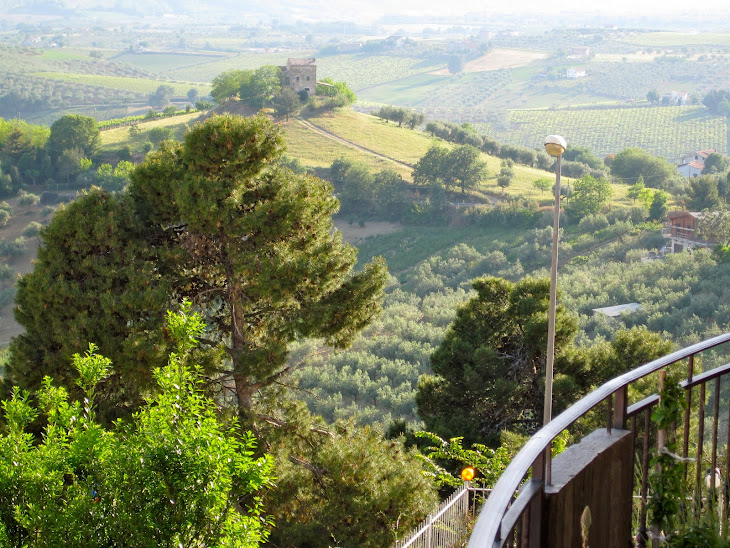The babe was sick when he left
but only slightly as babies do.
He was their first, a strapping boy,
thier farm was large and far from town.
He needed to fish with his neighbors
to salt the cod and lay in stores for winter,
their open dory powered by rowing in turn
while the rest fished open seas far from shore.
When it was the young father's turn to row
his arms felt far too heavy for this task.
He knew it was a sign to direct him
and told the others to take him back.
He knew something was wrong, his wife
had need of him. He returned to find
his small son dead in his wife's arms.
Let me take him, May, he's gone.
He built the casket
from the wood of his land and lay the babe inside
then carried him down the aisle
of their church to ask final blessings.
As he sat next to his young wife
he told her that the heft of the casket in his arms
was the same he felt in the boat,
the sign sent to bring him home.
There were no shortage of such stories in our Irish/Scottish family growing up. This is a true story of my grandparents in Cape Breton, Nova Scotia when they lost their first baby in 1914. My mother was born the following year. The photo is of my grandmother with my mother and uncle.
For Kerry at The Garden who asked us to write about Superstition or Science. This story, like many, falls somewhere in between.


This is wonderful, Mary. I've been there. Well done.
ReplyDeleteI visited the area of their farm in August and was surprised at how remote it is. Imagine with only a horse and buggy for travel.
DeleteMy father also received a sign to return home when his mother died unexpectedly of a heart attack. There are more things in heaven and earth after all.
ReplyDeleteYes, we can't discount them even if we can't understand them. Good prompt.
DeleteBeautifully expressed, Mary.
ReplyDeleteThanks, Marty, it's an amazing story.
Deleteoh heck...i'm so glad that he felt that she needed him and made his way back... so sad that they lost their baby but at least he was there to share her pain
ReplyDeleteThey went on to have ten children, seven of whom lived.
DeleteI really like the old photo, Mary. And....the poem you wrote is oh so sad. It must have been so sad for him to lose his young son & then to build his casket.
ReplyDeleteSad indeed. I've wondered ifthat didn't influence their move to the US three years later.
DeleteSo sad, and movingly told. I think you left out the word "no" in your process note, Mary--that there was no shortage of such stories.
ReplyDeleteYou've got a sense of the taking of turns at grief here, which echoes the rowing--it really is beautifully expressed. Thanks. k .
Thanks, Karin, I made the change. Yes, the reality of the rowing in an open boat in the Atlantic with the stormy seas of the north is common at that time but hazardous.
DeleteMoving story, thank you for the personal share including the picture Mary ~
ReplyDeleteI like that photo, it makes the story all the more real.
DeleteSuch a powerful write.
ReplyDeleteIt's an amazing story.
DeleteVery moving, Mary. Really a miracle to my way of thinking and the photo really rounds it out (I adore old photos)
ReplyDeleteOh, yes, we agree on that.
DeleteBeautifully told, and haunting.
ReplyDeletewhat a heart rending tale...the death of a child is such a horrible thing...those small caskets...they get me every time...
ReplyDelete